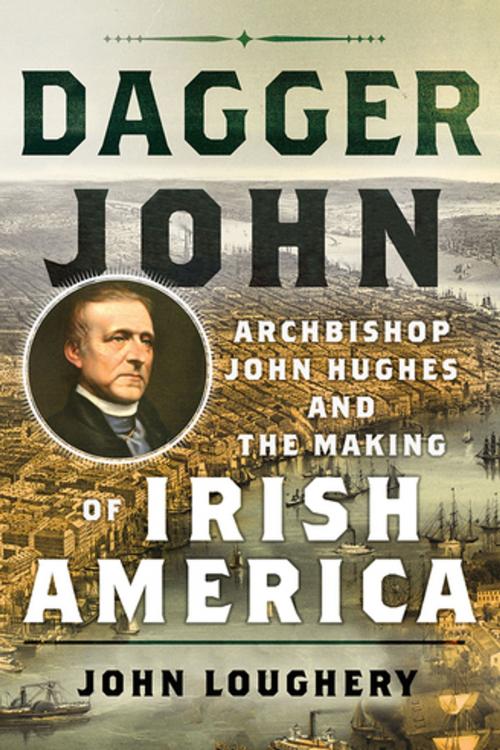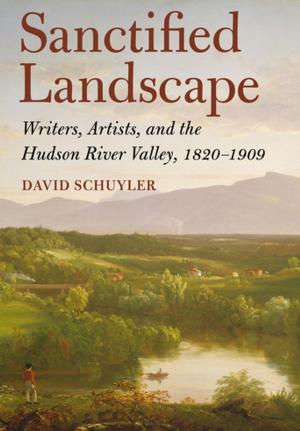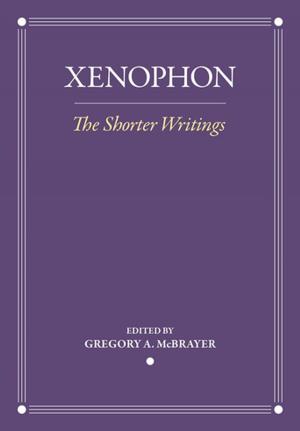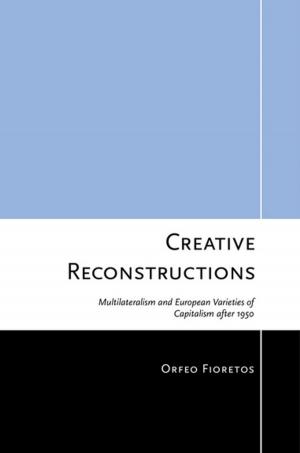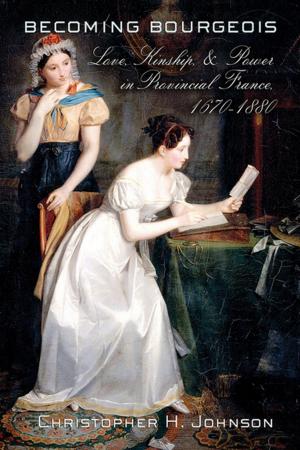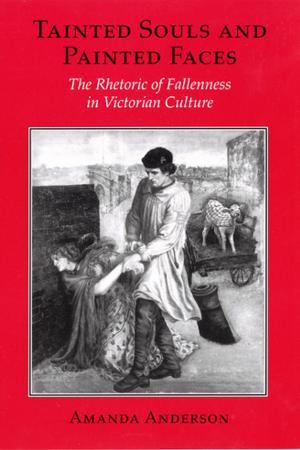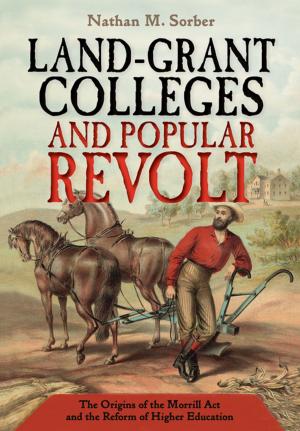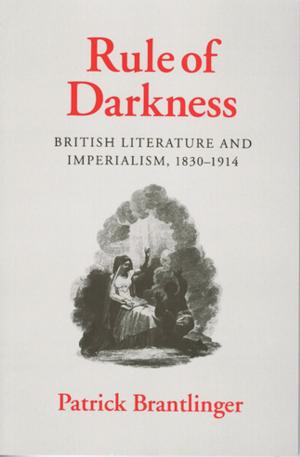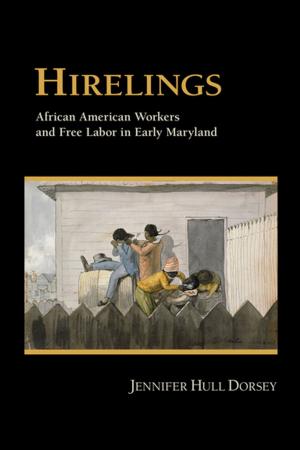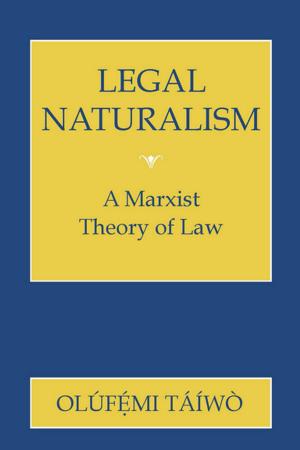Dagger John
Archbishop John Hughes and the Making of Irish America
Biography & Memoir, Religious, Nonfiction, History, Americas, United States| Author: | John Loughery | ISBN: | 9781501711077 |
| Publisher: | Cornell University Press | Publication: | March 15, 2018 |
| Imprint: | Three Hills | Language: | English |
| Author: | John Loughery |
| ISBN: | 9781501711077 |
| Publisher: | Cornell University Press |
| Publication: | March 15, 2018 |
| Imprint: | Three Hills |
| Language: | English |
Acclaimed biographer John Loughery tells the story of John Hughes, son of Ireland, friend of William Seward and James Buchanan, founder of St. John’s College (now Fordham University), builder of Saint Patrick’s Cathedral on Fifth Avenue, pioneer of parochial-school education, and American diplomat. As archbishop of the Archdiocese of New York in the 1840 and 1850s and the most famous Roman Catholic in America, Hughes defended Catholic institutions in a time of nativist bigotry and church burnings and worked tirelessly to help Irish Catholic immigrants find acceptance in their new homeland. His galvanizing and protecting work and pugnacious style earned him the epithet Dagger John. When the interests of his church and ethnic community were at stake, Hughes acted with purpose and clarity.
In Dagger John, Loughery reveals Hughes’s life as it unfolded amid turbulent times for the religious and ethnic minority he represented. Hughes the public figure comes to the fore, illuminated by Loughery’s retelling of his interactions with, and responses to, every major figure of his era, including his critics (Walt Whitman, James Gordon Bennett, and Horace Greeley) and his admirers (Henry Clay, Stephen Douglas, and Abraham Lincoln). Loughery peels back the layers of the public life of this complicated man, showing how he reveled in the controversies he provoked and believed he had lived to see many of his goals achieved until his dreams came crashing down during the Draft Riots of 1863 when violence set Manhattan ablaze.
To know "Dagger" John Hughes is to understand the United States during a painful period of growth as the nation headed toward civil war. Dagger John’s successes and failures, his public relationships and private trials, and his legacy in the Irish Catholic community and beyond provide context and layers of detail for the larger history of a modern culture unfolding in his wake.
Acclaimed biographer John Loughery tells the story of John Hughes, son of Ireland, friend of William Seward and James Buchanan, founder of St. John’s College (now Fordham University), builder of Saint Patrick’s Cathedral on Fifth Avenue, pioneer of parochial-school education, and American diplomat. As archbishop of the Archdiocese of New York in the 1840 and 1850s and the most famous Roman Catholic in America, Hughes defended Catholic institutions in a time of nativist bigotry and church burnings and worked tirelessly to help Irish Catholic immigrants find acceptance in their new homeland. His galvanizing and protecting work and pugnacious style earned him the epithet Dagger John. When the interests of his church and ethnic community were at stake, Hughes acted with purpose and clarity.
In Dagger John, Loughery reveals Hughes’s life as it unfolded amid turbulent times for the religious and ethnic minority he represented. Hughes the public figure comes to the fore, illuminated by Loughery’s retelling of his interactions with, and responses to, every major figure of his era, including his critics (Walt Whitman, James Gordon Bennett, and Horace Greeley) and his admirers (Henry Clay, Stephen Douglas, and Abraham Lincoln). Loughery peels back the layers of the public life of this complicated man, showing how he reveled in the controversies he provoked and believed he had lived to see many of his goals achieved until his dreams came crashing down during the Draft Riots of 1863 when violence set Manhattan ablaze.
To know "Dagger" John Hughes is to understand the United States during a painful period of growth as the nation headed toward civil war. Dagger John’s successes and failures, his public relationships and private trials, and his legacy in the Irish Catholic community and beyond provide context and layers of detail for the larger history of a modern culture unfolding in his wake.
